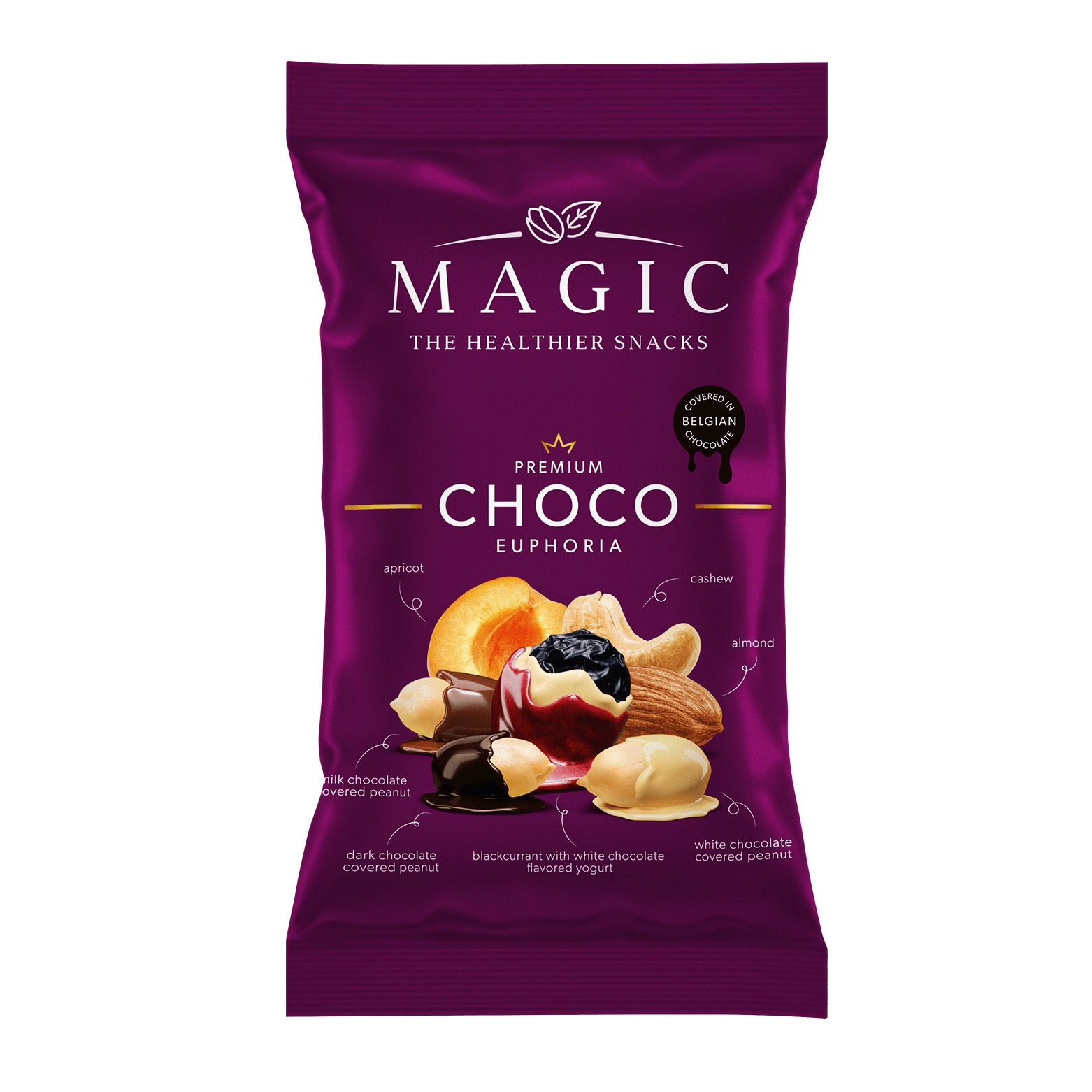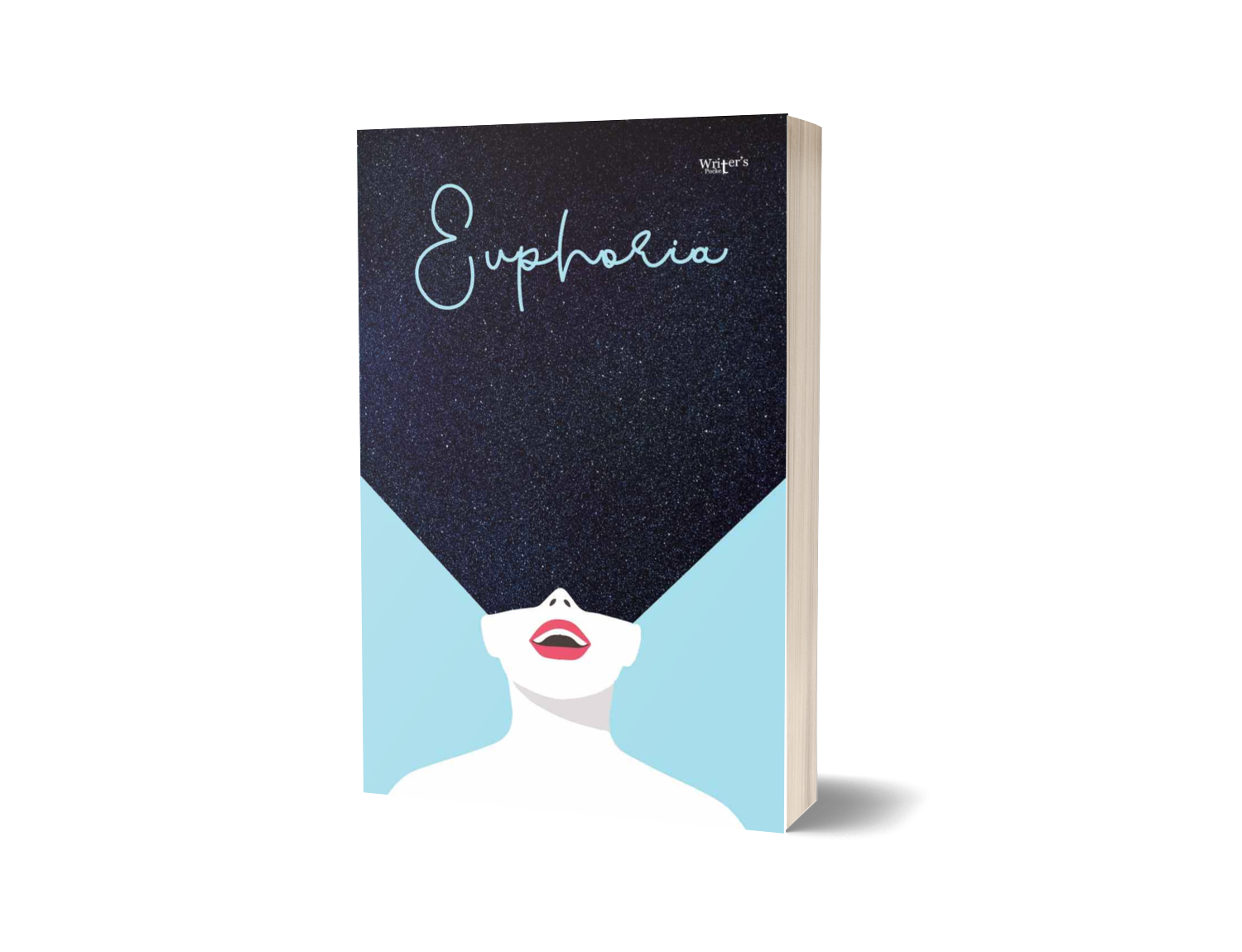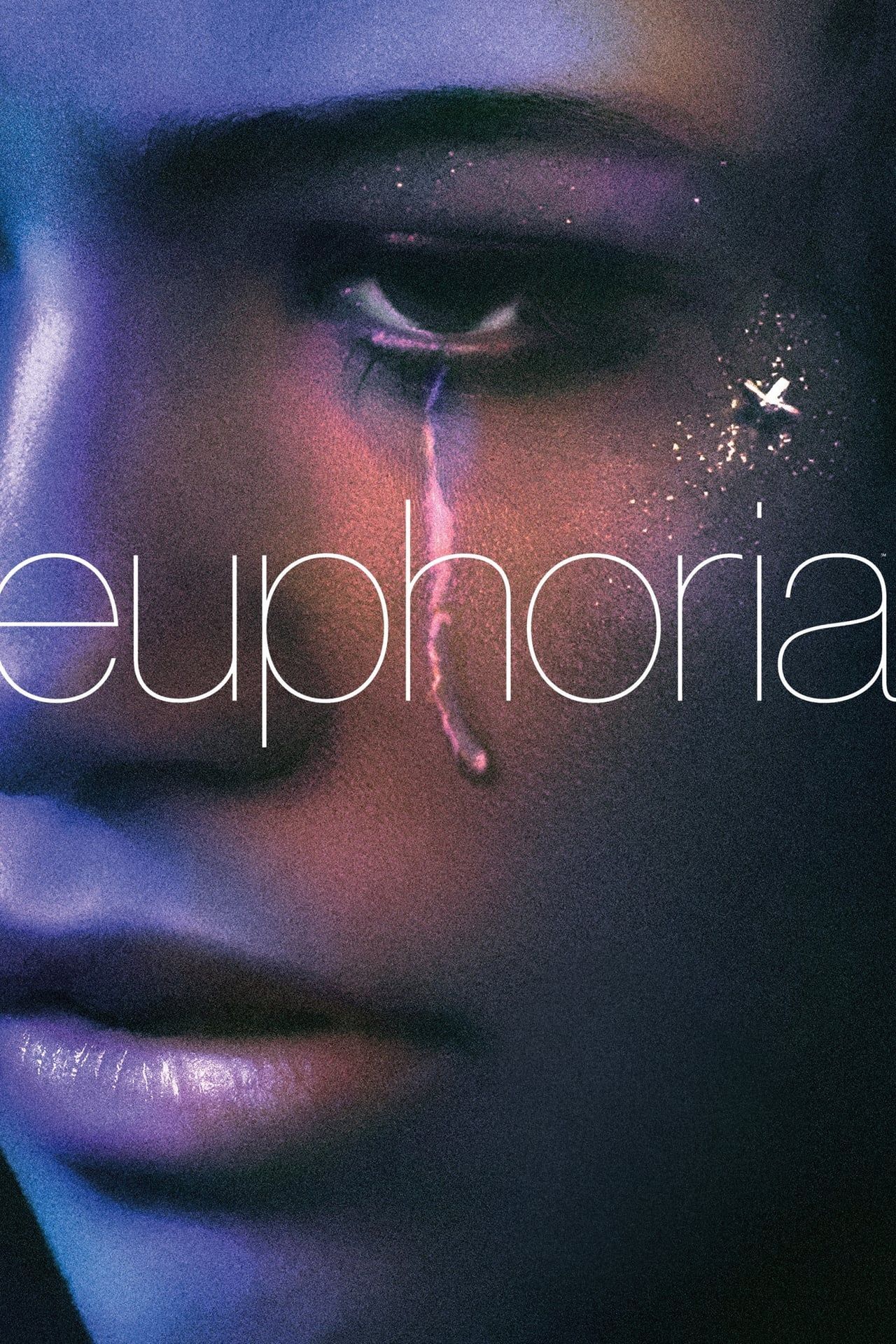Have you ever felt a rush of happiness so big it felt like your whole world just lit up? That, in a way, is a taste of euphoria. It's a feeling that can sweep over you, making everything seem brighter and more vibrant. This intense sense of joy, sometimes almost overwhelming, has a fascinating history and many different ways it can show up in our lives, you know?
It's more than just being happy; it's like joy got a major boost. This powerful emotional state can make us feel incredibly strong, as if nothing could possibly bring us down, even if just for a short while. Understanding what this feeling truly means, and where it comes from, can be pretty interesting.
We're going to take a closer look at what euphoria really is, where the word itself comes from, and the many different things that can cause this strong feeling. We'll also touch on its impact, both the good parts and the less helpful ones, and even how it shows up in popular culture, like that show, so you can get a full picture.
Table of Contents
- What Does Euphoria Mean?
- Where the Word Euphoria Comes From
- The Many Triggers for Euphoric Feelings
- The Impact of Euphoria: Good and Not-So-Good
- Euphoria in Popular Culture
- Frequently Asked Questions About Euphoria
- When to Seek Help for Euphoric States
What Does Euphoria Mean?
When someone talks about euphoria, they're typically referring to a state of extreme happiness or a very strong sense of confidence. It's a feeling that can sometimes be more intense than what might seem reasonable for a particular situation, you know? This isn't just a simple good mood; it's a powerful and truly intense feeling of elation, or joy, or even excitement that can be set off by many different things.
People often describe it as a euphoric high, or a state of pure bliss. It's that feeling when you're flooded with immense pleasure and contentment, like when someone goes to the podium to get a big award, that sort of thing. It's a supercharged emotional state, which can make a person feel almost unstoppable, even if it's only for a brief period.
In simple terms, it's a very strong and happy feeling. This powerful sensation can be triggered by a wide range of things, from really positive natural experiences to certain substances, or even some medical conditions. It’s a feeling that truly stands out from everyday happiness, that's for sure.
Where the Word Euphoria Comes From
The word "euphoria" has pretty interesting roots, if you look into it. It actually comes from some old Greek words. These words, when put together, mean something like "healthy" and "to bear," or "to carry." So, in a way, the original meaning points to a state of well-being, or being able to carry oneself well, which is kind of neat, isn't it?
Over time, the word's meaning has certainly grown to describe that really intense feeling of happiness we talk about today. But knowing its history helps us see that it's always been connected to a sense of feeling good, or being in a good state. You can learn more about how words like this develop over time, and their different forms, which is quite fascinating.
The Many Triggers for Euphoric Feelings
It's pretty amazing how many different things can set off a feeling of euphoria. This powerful sensation can come from all sorts of places, some completely natural and positive, and others that might be a bit more concerning. Knowing what can cause it helps us understand this feeling better, too, it's almost like a puzzle.
Natural and Positive Experiences
For many of us, euphoria comes from truly wonderful, natural experiences. Imagine achieving a big goal, like getting a student research award, or perhaps experiencing something incredibly beautiful in nature. These kinds of moments can certainly trigger an intense feeling of pleasure and contentment, that's for sure.
Exercise, for instance, is a well-known way to get a natural high. That "runner's high" people talk about is a real thing, and it's a form of euphoria. Similarly, certain natural rewards and social activities can also lead to this powerful feeling. It's like your brain is just saying, "Yes! This is good!"
Things like falling in love, or achieving something you've worked really hard for, can also bring about this incredible sense of elation. These are the kinds of euphoric feelings that are often seen as positive and can contribute to our overall happiness, you know, in a really good way.
Medical and Neurological Factors
On the other hand, euphoria can also be a symptom of various medical or neurological conditions. For example, some mental disorders can cause periods of extreme happiness that might not be entirely reasonable given the circumstances. It's a complex area, that, where brain chemistry plays a big part.
Neurological disorders, or even conditions like hypoxia (which is when your body isn't getting enough oxygen), can sometimes lead to euphoric states. This isn't the same as the joy you feel after a great workout; it's a different kind of experience, often linked to changes happening inside the body. Understanding these causes is pretty important for medical professionals.
Substances and Their Effects
It's also widely known that certain substances, including various drugs, can cause a very strong and happy feeling. This is often what people mean when they talk about a "euphoric high" associated with drug use. These substances can intensely affect the brain, leading to a powerful sense of pleasure and excitement, which is why they are often misused.
While the initial feeling might be one of intense pleasure, it's really important to remember that these types of euphoric states can come with significant dangers. The temporary happiness from substances often hides serious risks and negative consequences for a person's health and well-being, as a matter of fact. This is a big part of why substance use can be such a challenge for people.
The Impact of Euphoria: Good and Not-So-Good
Euphoria, being such a powerful feeling, can have a wide range of effects on a person. There are certainly positive sides to experiencing intense joy, but it's also true that there can be negative consequences, especially when the feeling is caused by certain factors or becomes extreme. It's like two sides of a coin, that.
The Bright Side of Euphoria
When euphoria comes from natural, positive experiences, it can be a truly wonderful thing. It can make us feel incredibly alive, motivated, and connected to the world around us. That feeling of invincibility, even for a moment, can be inspiring and help us push through challenges. It's a burst of pure, unadulterated happiness, you know?
These positive euphoric moments can certainly boost our mood, reduce stress, and even help us bond with others when shared. Imagine the collective joy at a big sporting event or a concert; that's a kind of shared euphoria that can feel really good. It's about experiencing life's peak moments with a heightened sense of pleasure and contentment.
When Euphoria Can Be a Concern
However, euphoria isn't always a purely positive experience, especially when it's linked to mental health issues, neurological problems, or substance use. In some cases, euphoria can be a parent's worst nightmare, particularly when it's a sign of a deeper problem, or when it leads to risky behaviors, sadly.
There's also something called "euphoric recall," which can be a real danger. This happens when someone only remembers the intensely pleasurable parts of an experience, like drug use, and forgets all the negative consequences. This kind of biased memory can make it very hard for people to make good choices, and it can certainly contribute to ongoing problems, that's just how it is.
When euphoria is out of proportion to the situation, or if it's causing a person to act impulsively or dangerously, it becomes a feeling that needs attention. It's important to recognize that while joy is great, extreme or unreasonable happiness, especially when not tied to positive life events, might be a signal that something else is going on.
Euphoria in Popular Culture
The word "euphoria" has certainly made its way into everyday conversation, thanks in part to popular culture. One of the most prominent examples in recent times is the HBO show "Euphoria." This American psychological teen drama series has brought the word to a much wider audience, you know, making it a topic of discussion for many people.
The show, created by Sam Levinson, is based on an Israeli miniseries and follows a group of high school students in California. It deals with a lot of heavy issues, like love, sex, drugs, identity, and trauma. The main character, Rue Bennett, is a drug addict who's struggling to stay clean and figure out her future, and her life certainly changes a lot throughout the series.
The series really explores the psychology, physiology, and impact of euphoria, often in the context of drug use and mental health struggles. It shows how intense feelings can be both a draw and a challenge for young people. The show was a big hit when it came out, and fans are certainly waiting for the third season, which seems to be getting closer to finishing filming, as a matter of fact.
Frequently Asked Questions About Euphoria
What are the main causes of euphoria?
Euphoria can be caused by a lot of different things, really. It might come from natural, positive experiences like achieving a goal or exercising. However, it can also be a result of certain mental disorders, neurological conditions, a lack of oxygen, or the use of various substances, that's just how it works.
Is euphoria always a good thing?
Not always, no. While the feeling of intense joy can be wonderful when it comes from positive life events, it can be a concern if it's linked to mental health issues, substance use, or if it leads to risky behavior. There's a danger called "euphoric recall" where people only remember the good parts of a harmful experience, which isn't good, you know.
How does euphoria affect the brain?
Euphoria certainly affects the brain by triggering powerful feelings of pleasure and contentment. This involves the brain's reward system, which can be activated by natural experiences, but also by substances or certain medical conditions. It's a complex process that changes how we feel and sometimes even how we think, too, it's almost like a switch.
When to Seek Help for Euphoric States
While experiencing joy is a normal and often wonderful part of life, there are times when feelings of euphoria might signal a need for professional help. If the euphoria is extreme, lasts for a very long time, or seems out of proportion to what's happening in your life, it could be a sign of something more going on, you know?
If these intense feelings are leading to risky behaviors, poor decision-making, or causing problems in your relationships or daily life, it's definitely a good idea to talk to a healthcare professional. They can help figure out what might be causing these feelings and offer support or treatment if needed. You can learn more about the various aspects of euphoria and its potential implications from reputable health sources.
It's also important to seek help if the euphoria is connected to substance use, or if you find yourself experiencing "euphoric recall" that makes it hard to see the negative consequences of certain actions. Getting support in these situations is a very brave and important step for your well-being. Learn more about how emotions affect our daily lives on our site, and for deeper insights into mental wellness, you might want to visit our page on emotional regulation.
Related Resources:
Detail Author:
- Name : Trace Feeney
- Username : monique18
- Email : rosemary62@padberg.com
- Birthdate : 1986-04-05
- Address : 618 D'Amore Mount New Billhaven, FL 57968-4847
- Phone : 414-419-1801
- Company : Schimmel, Collins and Kessler
- Job : Rotary Drill Operator
- Bio : Illum non nihil nesciunt aut rerum tempora sint. In sunt in est saepe distinctio dolorem. Autem tempora sed necessitatibus quia et voluptatibus atque.
Socials
tiktok:
- url : https://tiktok.com/@cletus.jacobs
- username : cletus.jacobs
- bio : Ea saepe pariatur amet molestiae porro enim.
- followers : 2704
- following : 742
instagram:
- url : https://instagram.com/cletus.jacobs
- username : cletus.jacobs
- bio : Et maiores sequi delectus veritatis. Repellendus minima maxime exercitationem recusandae rerum.
- followers : 3392
- following : 1182
linkedin:
- url : https://linkedin.com/in/cletusjacobs
- username : cletusjacobs
- bio : Voluptatem recusandae veniam consectetur odit.
- followers : 6790
- following : 1952
twitter:
- url : https://twitter.com/cletus_jacobs
- username : cletus_jacobs
- bio : Et est omnis et nisi animi. Modi voluptas modi consequatur nemo minima labore optio. Eos est eum illo doloribus.
- followers : 1507
- following : 1024


